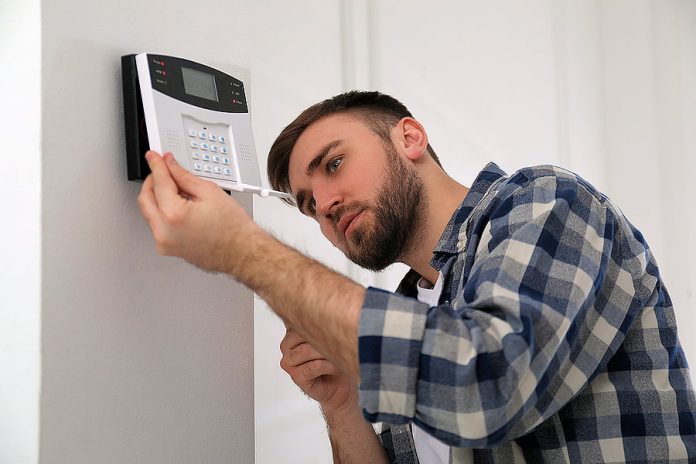Australian Security companies are on a hiring frenzy, with a record-breaking number of jobs now up for grabs. But as demand for security services continues to surge upwards, employers are struggling to find suitably qualified staff to fill available roles, writes Steve Cropper*.
President of ASIAL, John Gellel, said the industry must prioritise recruitment to keep pace with demand.
“Across Australia, personnel shortages have become a major issue for the Security Industry and the need for more security officers is fast becoming our top priority,” Gellel said. “While governments squabble over COVID lock-down regimes and their fair share of the burden, the private security industry is quietly getting on with the job of delivering services to business and government. But the essential arithmetic is that without enough licensed security personnel, it can’t work.”
The Federal Government has provided funding to upskill existing technicians and new entrants. Following talks with ASIAL earlier this year, the New South Wales Government funded fee-free training in Certificate II in Security Operations, presenting an incentive to labour market entrants to choose a security career path.
ASIAL is working closely with a number of governments around the country on other initiatives to incentivise people to enter the $A9.9 billion security industry, that employs more than 153,000 licensed security officers and many more in other fields.
But Gellel said that more needs to be done to attract potential employees.
“Apprenticeships and upskilling employees are a key to maintain our ability to keep pace with demand,” he said. “Many entering the labour market are probably unaware that a licensed security technician can expect an income similar to other trades, such as an electrician.
“In real terms, security technicians can earn $100,000 a year of more in the near term – and that is very competitive with other trades. The mission is to demonstrate to workers that there is good money to be made and an excellent career path if you want to progress to stimulating work areas involving security at its most sophisticated and in some of the most exciting fields of security today.
“Whether you’re in the protective services or electronics sector of the security industry, you will be playing your part in keeping Australia safe and secure, while working with cutting edge technologies,” Gellel said.
The current shortage in recruitment is not unique to the security industry. The latest SEEK Employment Report also reveals that in April, the number of applications for each job advertisement on seek.com.au was at its lowest level since 2012.
In addition, traditional gender roles are sometimes a barrier to labour entrants, according to John Gellel. “We should address encouraging women to enter the security industry.
“The traditional role of ‘big boys’ in security jobs does not have meaning in the 21st century, considering the diversity and increasing levels of technical sophistication in our industry,” he said.
* Steve Cropper is the Industry Affairs Officer for the Australian Security Industry Association
#securityelectronicsandnetworks.com










